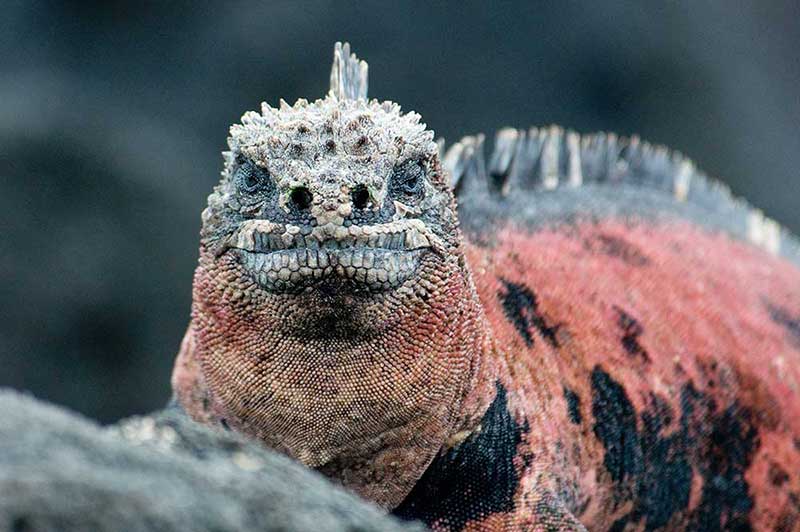Amazon Rainforest: Grades 6-9 - Closed Captioned
Preview video by clicking the “play” arrow
CLOSED CAPTIONED
Introduce your students to the layers of the rainforest and the animals who live there. Explore the adaptations that have evolved over time to make for a successful existence of life in the rainforest.
Video length: 20:05 minutes.
Learning Resources with this Video*
Quizzes – PDF and Online
Camouflage in the Canopy – Writing Prompt
Revealed in the Rainforest Writing Prompt
The Animals of the Amazon Drawing Activity
Draw a Scene
Universal Resources
National Standards
*Links are active on Full Video page.
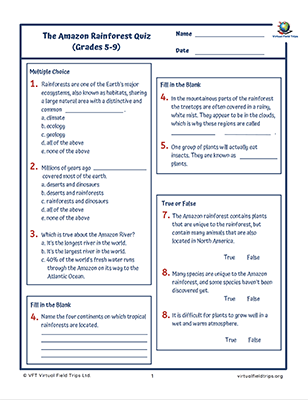

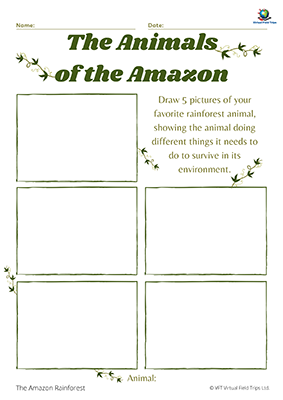

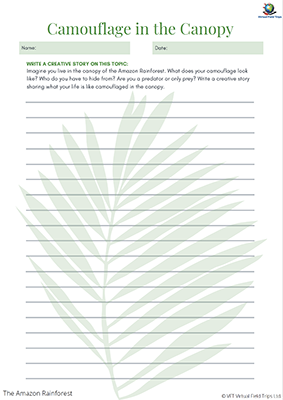

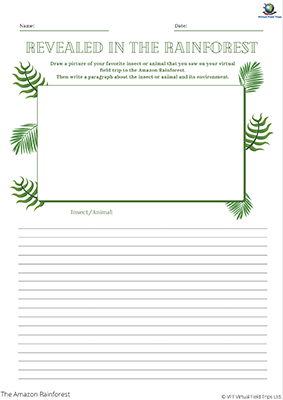



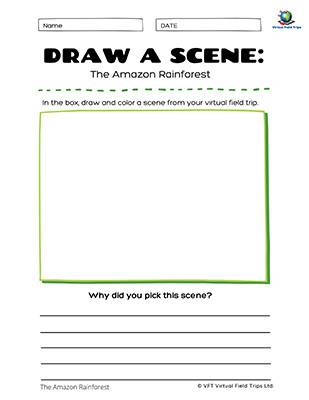



Classroom Ideas
Amazon Rainforest

Amazonian Art
Create watercolor paintings inspired by the bright, vivid colors found in the Amazon Rainforest.

Explore Vocabulary
Identify key vocabulary terms while previewing each video. Prompt students to find the meaning of each word as they watch the video. Example: What does the word epiphyte mean? Think about the meaning of each word as you watch the video.

Art
Use Playdoh or clay to create an insect or animal viewed in the video.

Art and Ecosystem
Draw a picture of one of the layers of the rainforest.
Draw a picture of the ecosystem viewed in the video.

Animal List
List as many of the many different Amazon Rainforest species as you can remember, and draw a picture of the one you like the most.

Animal and Habitat Comparisons
Compare species found in the Amazon Rainforest, Etosha National Park, coral reefs, and the Galapagos Island with animals in their everyday life.

Rainforest Food
Bring food that can be found in the Amazon Rainforest (bananas, tea, mango, pineapple, avocados, yams, etc.) and let students sample them. Discuss how these products can impact those that live in the Amazon Rainforest as well as those that purchase from them.

Ecotourism
Discuss ecotourism with students and talk about the pros and cons of it in regards to the Amazon Rainforest.

Diorama
Create a diorama of the Rainforest.

Writing and Graphic Organizing
Create a Venn Diagram comparing the two different Leaf Mimic Katydids mentioned in the video. Research them, then write a paragraph on the similarities and differences of the two katydids.

Writing
Write a paragraph on why insects need to camouflage, why it is important. Discuss the difference between camouflage as predator and as prey.

Writing
Write a poem about one of the insects viewed in the video. It can be different poems: Sonnet, Limerick, Haiku.

Writing
Make similes using insects.
Make metaphors using insects.

Exploring Biomes and Ecosystems
Ask students to examine the ecosystem in which they live. Do a brainstorming session in which the class comes up with all the elements of their ecosystem, and how all the elements interact. Once this is done, introduce the Amazon rainforest ecosystem.

Webquest
Create a webquest on the plants and animals of the Amazon. Students will work in pairs or small groups to complete the webquest, and then present their results.

Trees in the Amazon and at Home
On the basis of what students learn about the amazingly old and tall trees of the Amazon, ask them to think of any trees around where they live or near their school. Ask them to think about the ways in which that tree is important in the ecosystem, as a home for birds, etc.
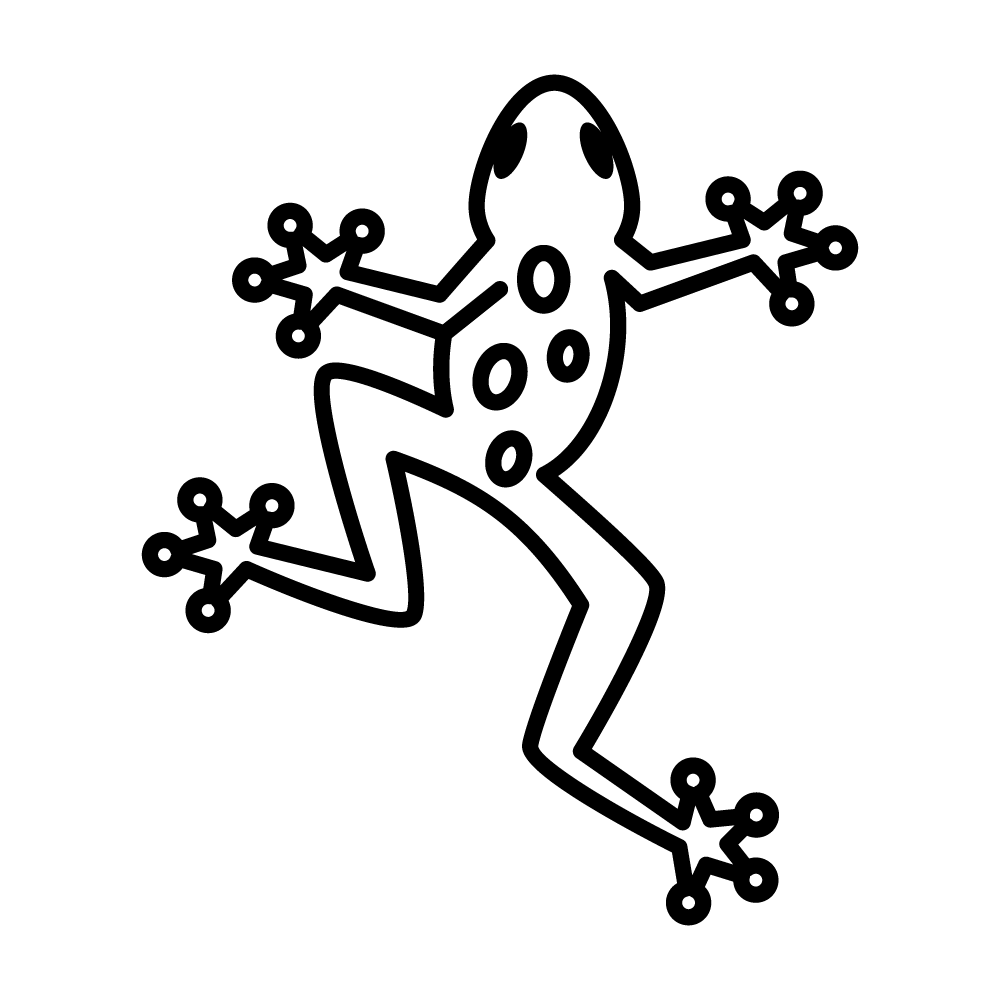
Animals of the Amazon Rainforest
Identify, sort and classify animals that live in the Amazon Rainforest (plants, insects, reptiles, etc.)

Explore Ecosystems/Food Chains
Create a diagram showing how animals and organisms rely on one another to thrive in the rainforest.

Art and Writing
Draw a picture of your favorite insect or animal in the Rainforest. Then, write a paragraph about the insect or animal you chose and the environment it lives in.

Art and Social Studies
Draw a scene from the video you just watched.

Rainforest in the Classroom
Turn the classroom into a rainforest and have students place their researched Amazon Rainforest species onto the design (i.e. if you have a tall rainforest tree made out of paper, students could place animals that live in the Amazon Rainforest’s trees).

Camouflage
Discuss how different Amazon Rainforest species camouflage themselves as well as the purpose of it. For example, is it because they are a predator or because they are prey?

Rainforest Journal
Have students write a diary or a story about traveling the Amazon Rainforest and discuss what they “saw” and experienced during their trip.

Taxonomy and the Animal Kingdom
Have students discuss what the taxonomy system is and how it is divided into different classifications. Then discuss the classification of the animal kingdom and how species in the Amazon Rainforest fit into it.

Biome Comparison
Compare the rainforest and another habitat.
Compare differences and similarities.
Compare the characteristics of each ecosystem.
Write a 3 paragraph paper discussing the similarities and differences of the two.

Writing
Which is your favorite insect or animal that uses camouflage and why?

Creative Writing
Write a story on what you would do if you could camouflage. What would your camouflage look like? Who would you be hiding from? Are you a predator or prey?

Writing
Use adjectives to describe the ants viewed in the video. Make a list of 10 adjectives that describe the ant, for example strong, tiny.

Writing
What was your favorite part of the video? What was your favorite insect or animal you saw? Why?
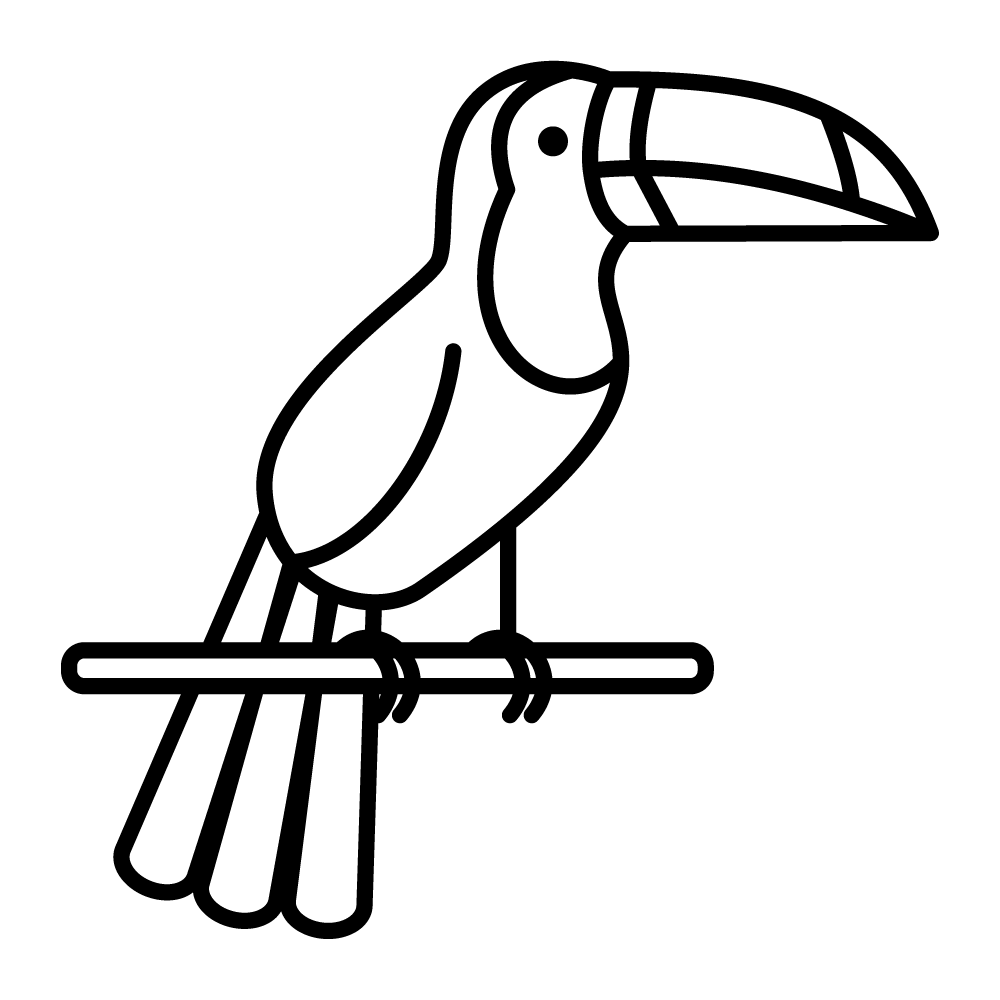
The Animals of the Amazon
Ask students to draw 5 pictures of their favorite rainforest animal, showing the animal doing different things it needs to do to survive in its environment.

Amazon Animal Presentations
Assign individual presentations on chosen Amazon rainforest animals. For example, students could create Powerpoint presentations and perhaps recordings/video depictions of stories, as well as poems, picture collages, posters, etc.

The Amazon Rainforest in Action
In groups, students could come up with and put on plays in which they play different rainforest animals, showing ways that they can interact with each other. At the beginning of the play, students will individually introduce themselves as their chosen animal, giving the class information on its characteristics and habits.
Classroom Ideas for ALL Videos
Here are dozens and dozens of ideas that you can use in your classroom along with our videos!
Topics Covered In This Video
Definition of a rainforest
Fun facts about rainforests
Layers of the rainforest
Emergent layer & animals
Canopy & animals
Understory & animals
Forest floor & animals
Adaptations
Camouflage
Diurnal/Nocturnal
Epiphytes
Carnivorous plants
Plants of the rainforest
Animals living in the Amazon river
Videos in this Series
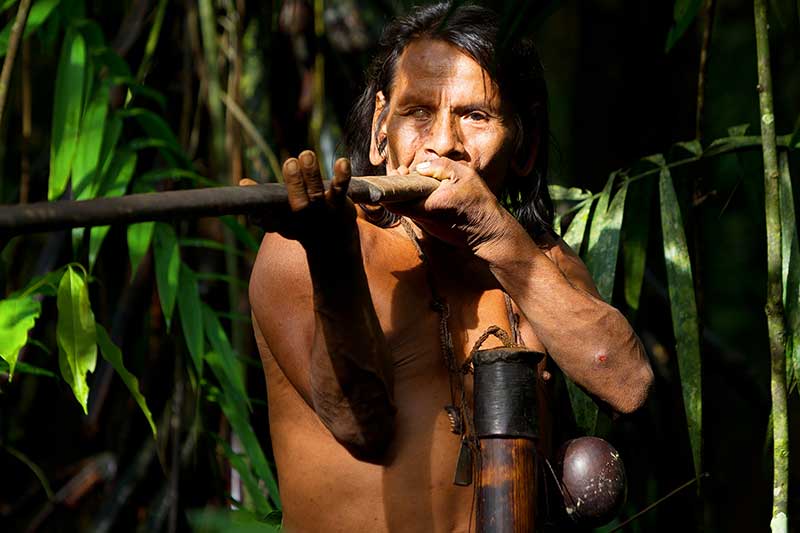
The Amazon Rainforest: People & Threats (Grades 5-9)
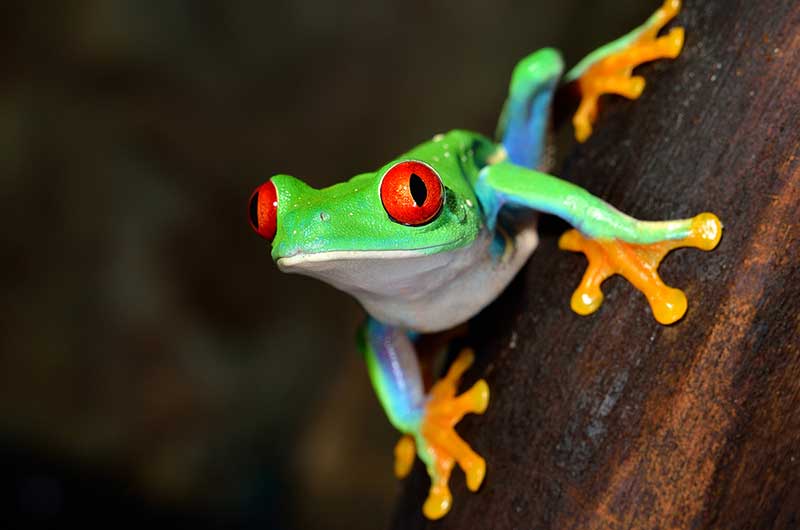
The Amazon Rainforest (Grades 2-6)
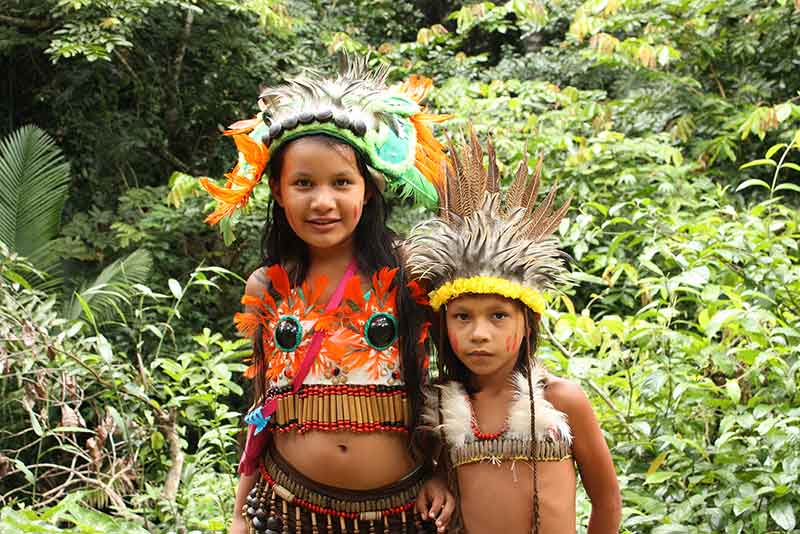
The Amazon Rainforest: People & Threats (Grades 2-6)
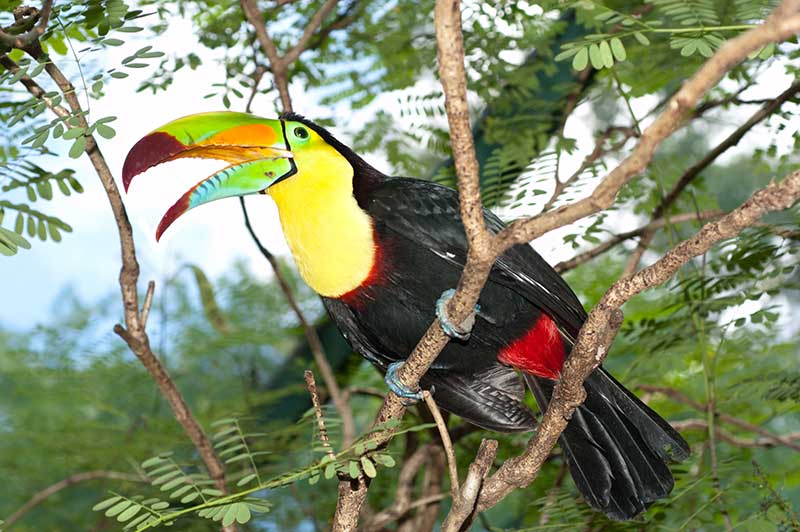
La Selva Amazonica (Spanish)
Related Videos
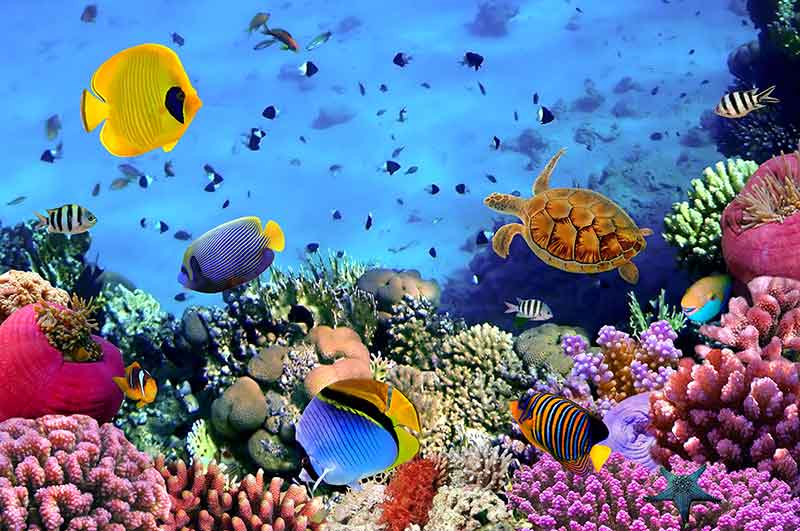
Who Lives On a Coral Reef?
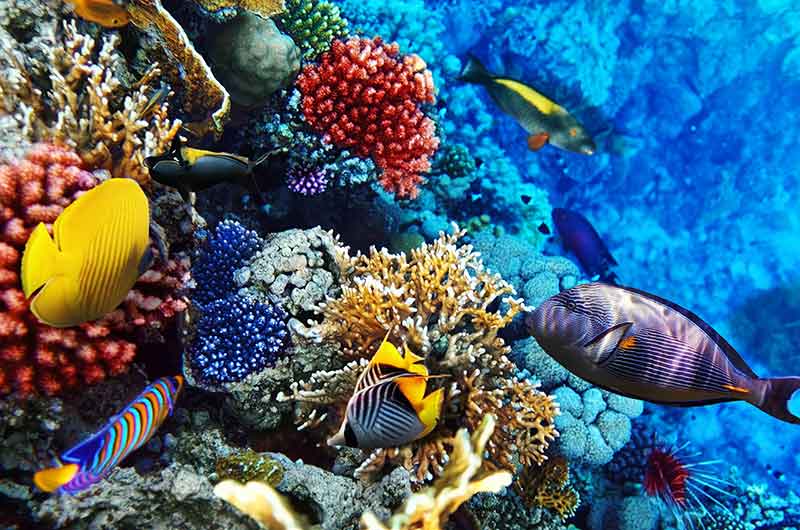
How Coral Reefs Are Formed
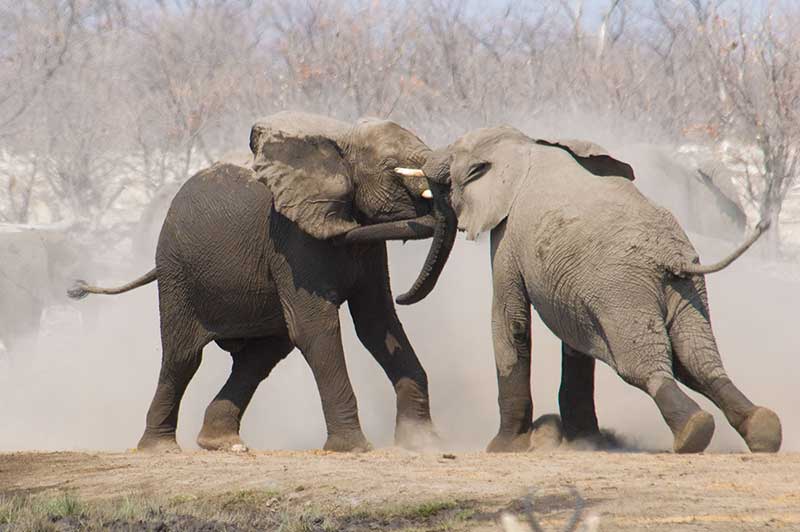
African Safari
